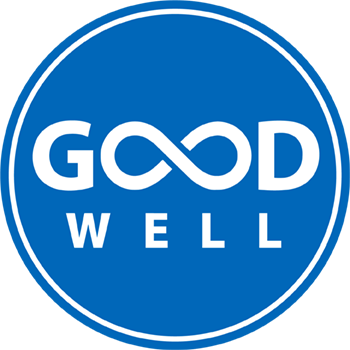What is a GoodWell Score and Why is it Important?
Employee engagement is critical for companies that want to retain talent and foster a positive, productive workplace culture. In fact a recent Gallup poll states that disengaged employees cost companies $8.8 TRILLION in 2023. That is 8% of Global GDP!
Given this significant impact on profitability it is no surprise forward thinking companies are deeply interested in measuring and improving employee engagement.
One way companies measure engagement is through an eNPS or Employee Net Promoter Score. This score is calculated based on responses to the question:
"How likely are you to recommend working at this company to a friend or colleague?"
Employees respond on a scale of 0-10, with 9-10 being promoters, 7-8 being passives, and 0-6 being detractors. The eNPS score is calculated by subtracting the percentage of detractors from the percentage of promoters.
While eNPS provides valuable insight, one drawback is that it fails to take into account non-respondents - employees who do not complete the engagement survey. Research shows that employees who do not respond are less engaged on average.
This is why we created the GoodWell score which we believe is the most accurate measure of employee engagement. The GoodWell score builds on the eNPS methodology, but handles non-respondents differently. Instead of excluding non-respondents, a high percentage of them are automatically assigned as detractors in the scoring system. Why a high percentage? Studies show most non-respondents are disengaged or less engaged employees who would most likely respond with a score of 0-6
By incorporating an assumption about non-respondents into the scoring, the GoodWell approach provides a more realistic view of overall employee engagement levels. This formula helps to ensure companies consider how those silent unengaged employees influence culture and performance.
In summary, while eNPS has merits in measuring employee loyalty and advocacy, it also has blind spots. The GoodWell score aims to balance eNPS with more pragmatic assumptions about human behavior in the workplace. It is an invaluable metric for HR leaders and executives seeking to fully grasp company morale.

